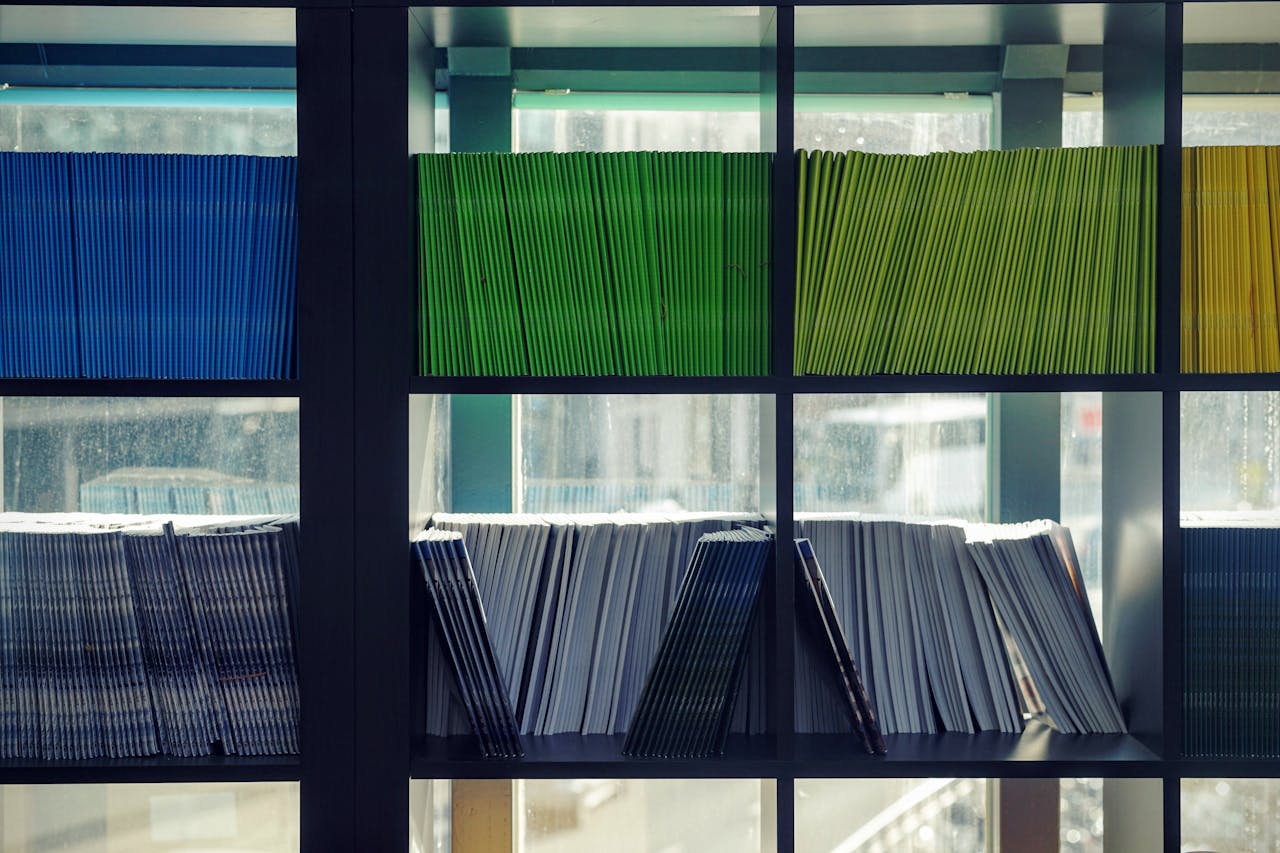
In search of activities to connect language with cultural heritage
The first stage of the PILLOT project started with collecting activities and approaches with the potential to be innovative ways of connecting language and culture in adult learning environments.
The development process of the project methodology was introduced and launched during the January kick-off meeting hosted by the Museum of Warsaw in Poland. Here, the consortium, under the guidance of the Polish and Luxembourg partners, discussed a draft form to structure the activities proposal into a comprehensive catalog repertoire.
The Polish and Luxembourg partners introduced a draft of a form to gather ideas for integrated learning activities suggested by all partners.
Partners are in charge of bringing together ideas in different areas of cultural heritage. Each one is focusing on a particular heritage area ...
Everyone then set off to research, collect, and choose activities in five areas of defined cultural heritage. Partners are in charge of bringing together ideas in different areas of cultural heritage. Each one is focusing on a particular heritage area:
- art and history - The Museum of Warsaw
- folk culture, customs and legends - The Transylvanian Museum of Ethnography
- folk culinary culture - Centrum demokratického vzdělávání
- urban space and cultural heritage - Inlingua
- natural cultural heritage - Stazione Utopia
Each national team has started putting their heads together with museum and language educators, preparing a collection of activities for the activity portfolio. Our activity collection will contain a variety of methods. It will help us find out how to simultaneously introduce local language and cultural heritage to migrant learners.
The final activity bank “Repertoire of language education approaches in the European context” will be introduced and discussed in April during a transnational meeting hosted by the Transylvanian Museum of Ethnography in Cluj, Romania.
This repertoire will allow us to design, compare, and discuss the potential ways of learning a foreign language through tangible and intangible cultural heritage.
At the meeting in Cluj, the consortium will decide on the final activity selection for educators´ training, and subsequent testing in practice with migrant and refugee learners in all partner countries.
If you would like some further information, don't hesitate in contacting us via email or Facebook.